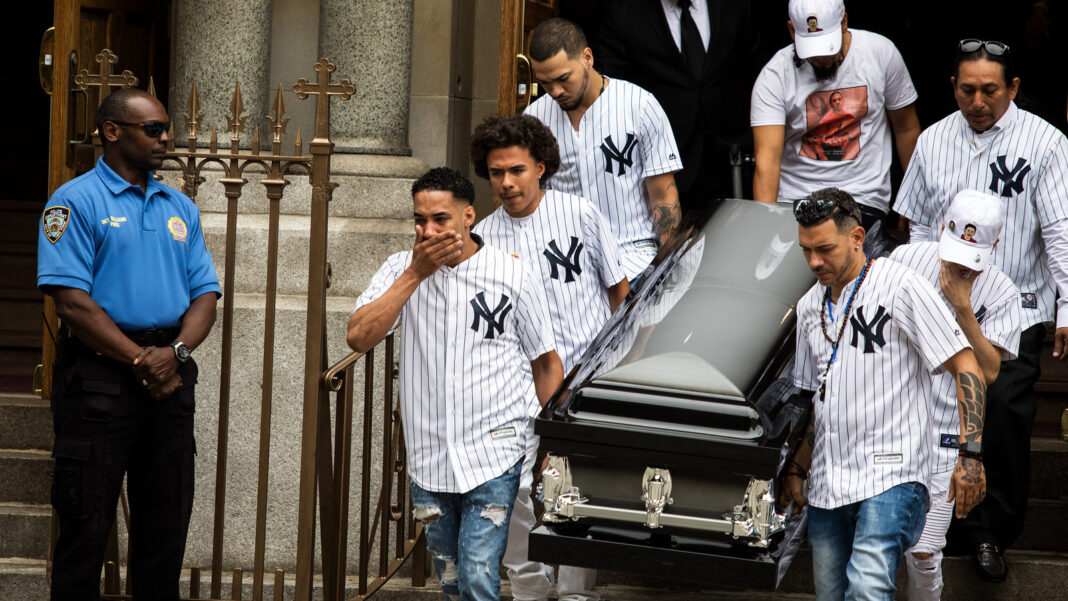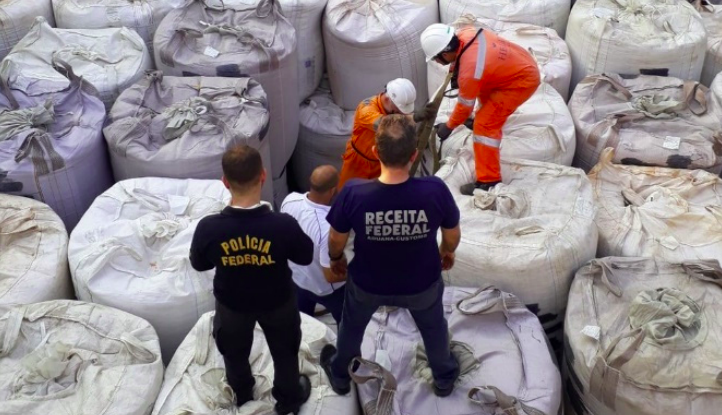The recent fatal stabbing of 14-year-old Caleb Rijos in the Bronx has brought to light the severe shortcomings in handling mental health crises. Waldo Mejia, the man accused of the attack, had a well-documented history of schizophrenia, yet he was repeatedly denied access to necessary treatment.
Despite his family’s efforts to seek help, Mejia’s refusal to take medication and his past violent outbursts went unaddressed, leading to devastating consequences.
Mejia’s case highlights a critical flaw in New York’s mental health system—current laws fail to compel involuntary care until individuals show clear signs of being a danger to themselves or others. As a result, many like Mejia fall through the cracks, left without the treatment they desperately need until it’s too late. This tragic incident is a stark reminder of the urgent need for stronger mental health intervention laws.
Local leaders, including Mayor Eric Adams and Governor Kathy Hochul, have recognized the growing crisis and are calling for reforms. Yet, the question remains: how many more lives will be lost before meaningful change is made to ensure timely and mandatory care for those in mental health distress?
This heartbreaking event serves as a wake-up call to address the systemic failures in mental health care and protect vulnerable individuals before it’s too late.


